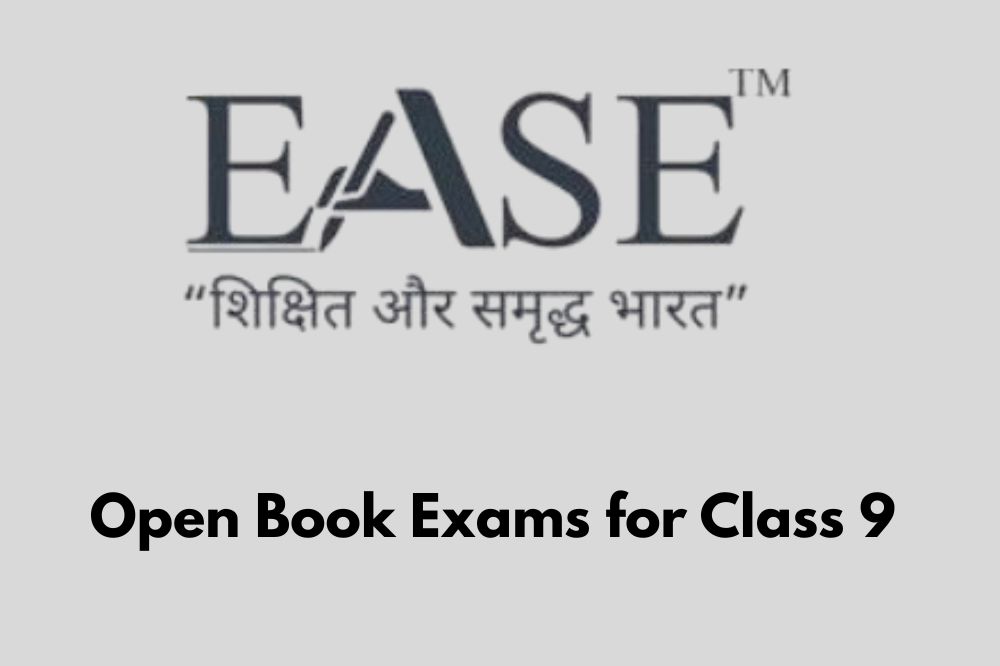The CBSE open book exams for Class 9 starting in 2026–27 mark a bold step toward transforming student assessment in India. Instead of testing how much students can memorize, this new format will evaluate how well they understand, analyze, and apply concepts. By allowing access to textbooks and notes during exams, CBSE aims to reduce exam stress and promote real-world thinking.
This initiative reflects a deeper shift—from rote learning to reasoning—and prepares students for a future where knowledge is used, not just recalled. Let’s explore how this change will impact students, teachers, and the classroom experience.
What’s Changing?
Starting in the 2026–27 academic year, CBSE will roll out open-book exams (OBEs) for Class 9 students. This marks a transformative shift in how students are assessed—moving away from memorization and toward conceptual clarity, analytical thinking, and real-life application.
Why Open Book Exams Class 9th?
The traditional exam system often rewards rote learning. Open-book exams aim to:
- Encourage deep understanding of concepts
- Promote critical thinking and reasoning
- Reduce exam-related stress and anxiety
- Prepare students for real-world problem-solving
This change reflects a broader shift in education—where learning is not just about “what you remember,” but “how you apply.”
NIOS vs CBSE
What Will Open-Book Exams Look Like?
Students will be allowed to refer to:
- Their textbooks
- Class notes
- Other approved learning materials
But make no mistake—these exams won’t be easier. Instead of asking “what is,” questions will ask:
- “Why does this happen?”
- “How would you solve this?”
- “What’s the best approach in this situation?”
Expect questions that test:
- Interpretation
- Application
- Cross-subject integration
- Real-life relevance
Subjects Covered
Open-book assessments will be introduced in:
- Science
- Mathematics
- Social Science
- Languages
These will be part of three pen-paper assessments per term, designed to build familiarity and confidence over time.
Monthly Syllabus for Pre Nursery Class
What Does This Mean for Students?
- Less memorization, more understanding
- Focus on concepts, not just facts
- Improved thinking and reasoning skills
- Reduced exam pressure and fear
- Better preparation for higher studies and competitive exams
What Should Schools and Teachers Do?
Schools will receive a framework and sample papers to guide implementation. Teachers are encouraged to:
- Design application-based questions
- Train students in resource navigation
- Shift classroom focus to discussion and analysis
This is not just an exam reform—it’s a teaching reform.
How Is This Different from Past Attempts?
CBSE had experimented with Open Text-Based Assessments (OTBA) in 2014, but those were limited in scope and impact. The new open-book format is more structured, more integrated, and designed to evolve with student needs.
Final Thoughts
This move by CBSE is a game-changer. It empowers students to think, not just memorize. It challenges educators to innovate, not just instruct. And it redefines exams as tools for learning—not just evaluation.
At EaseEdu we’re committed to helping students adapt to this new format with:
- Concept-driven study materials
- Strategy guides for smart resource use during exams

